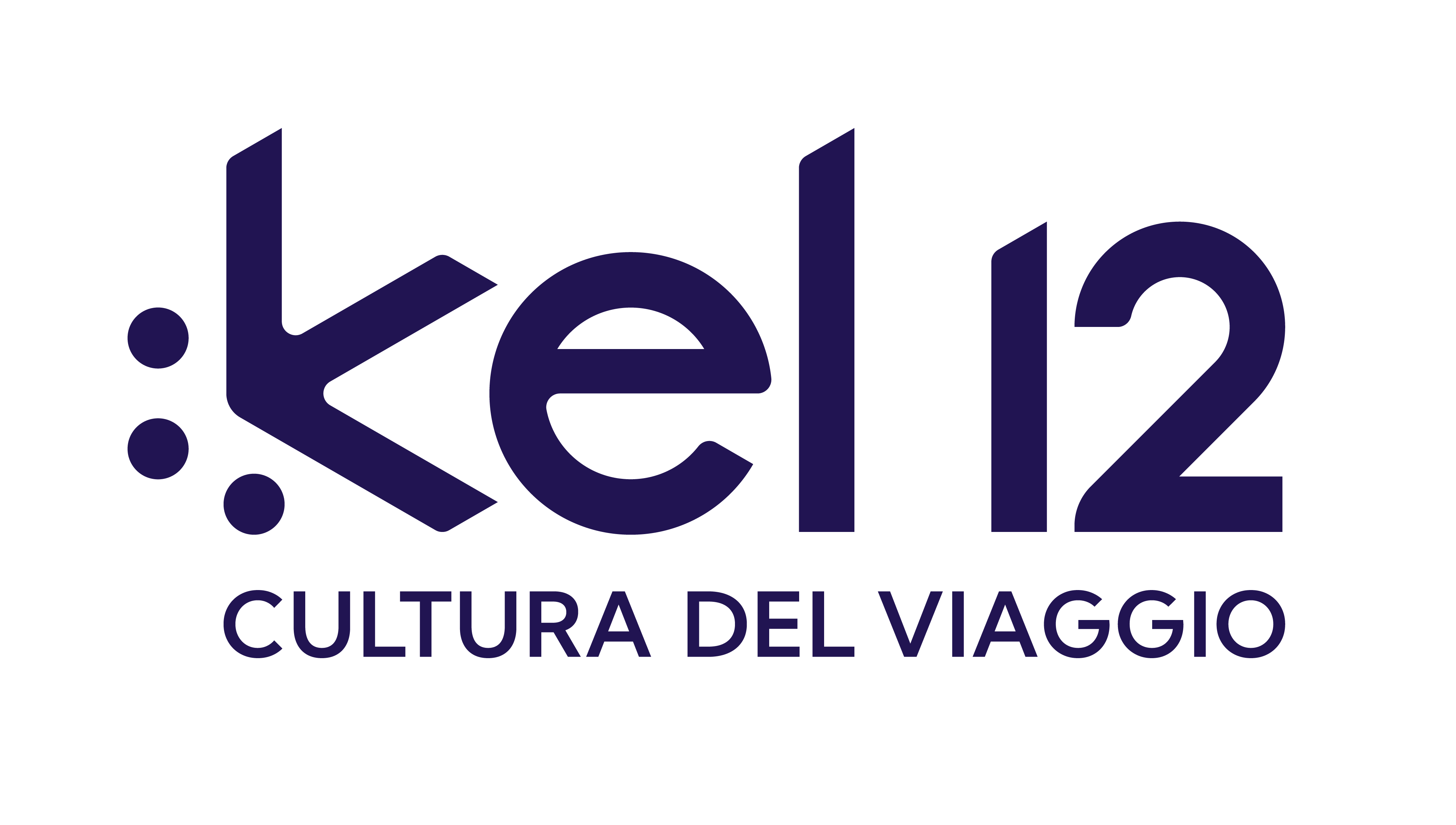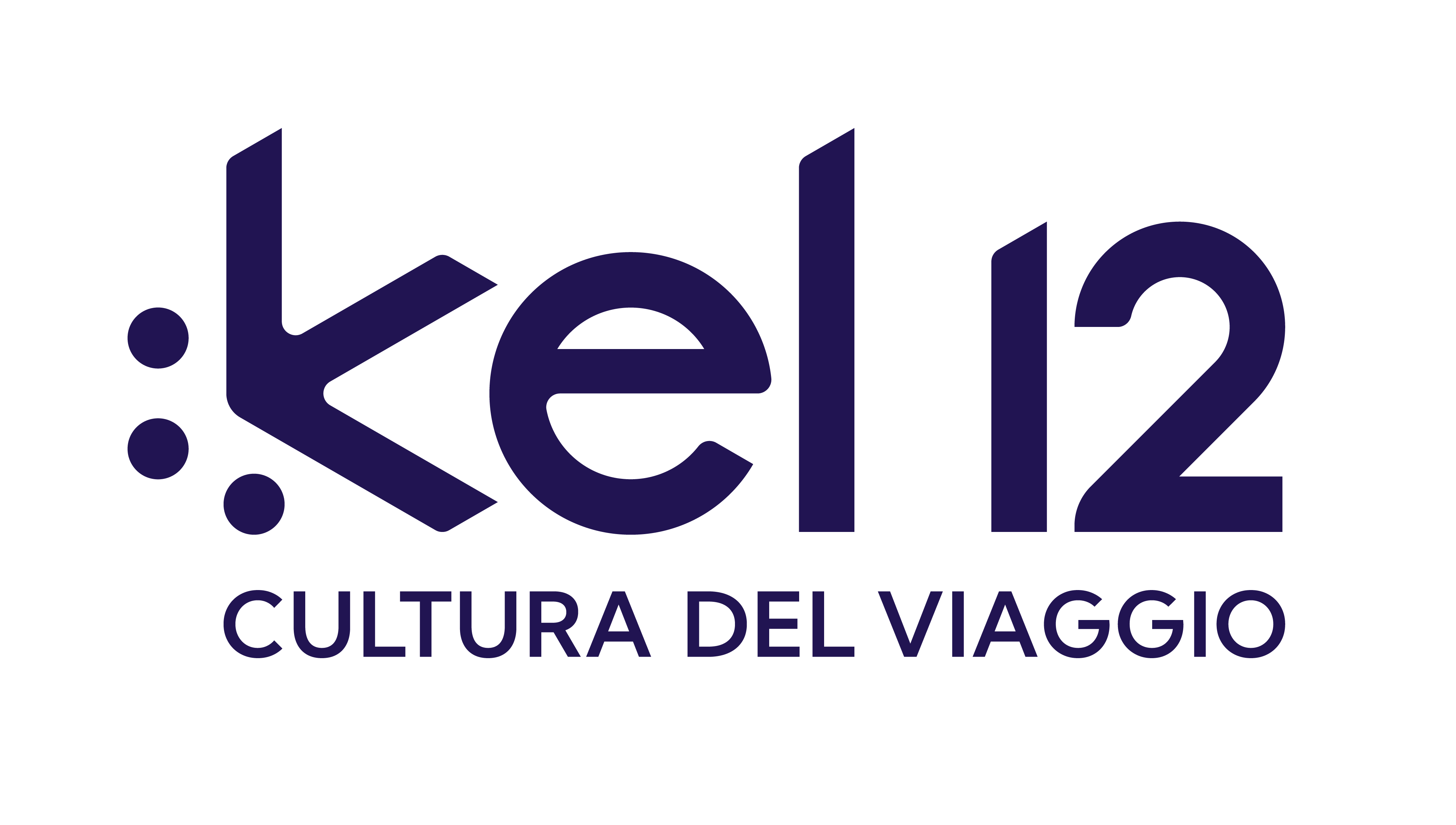

Kel 12 Tour Operator

Lombardy, Italy
August 2022
Travel agency & related
Service with Minor Environmental Footprint
Egypt,
Italy,
Oman,
Switzerland
In the Sahara desert, the legendary “Kel”, the Tuareg tribes, were said to be 11. There, Kel 12, the twelfth Tribe, was born. Inspired by the continuous journey of the Blue Men in the infinite spaces of the desert, their desire to explore and never stop. The year was 1978 when Kel 12, like a modern pioneer, began to draw endless routes, to open and trace paths that were unexplored and today are common. The journey of Kel 12 was only just beginning. Over the years, horizons have broadened, new challenges have been met. And we go further and further. The home of the Twelfth Tribe becomes the Planet. Unusual paths are drawn, lost worlds and distant people are reached. A long history, all Italian. Made of experience and tradition. Moved by curiosity and desire for deepening. Today, forty years later Kel 12 is one of the Italian leaders in cultural and quality travel. The philosophy is always the same: to propose ethical and sustainable journeys, which are experiences, encounters with nature, history, art. And, above all, with people, the other, the different: to know and respect.
Overall B Impact Score
Governance 21.0
Governance evaluates a company's overall mission, engagement around its social/environmental impact, ethics, and transparency. This section also evaluates the ability of a company to protect their mission and formally consider stakeholders in decision making through their corporate structure (e.g. benefit corporation) or corporate governing documents.
What is this? A company with an Impact Business Model is intentionally designed to create a specific positive outcome for one of its stakeholders - such as workers, community, environment, or customers.
Workers 31.1
Workers evaluates a company’s contributions to its employees’ financial security, health & safety, wellness, career development, and engagement & satisfaction. In addition, this section recognizes business models designed to benefit workers, such as companies that are at least 40% owned by non-executive employees and those that have workforce development programs to support individuals with barriers to employment.
Community 20.3
Community evaluates a company’s engagement with and impact on the communities in which it operates, hires from, and sources from. Topics include diversity, equity & inclusion, economic impact, civic engagement, charitable giving, and supply chain management. In addition, this section recognizes business models that are designed to address specific community-oriented problems, such as poverty alleviation through fair trade sourcing or distribution via microenterprises, producer cooperative models, locally focused economic development, and formal charitable giving commitments.
Environment 9.0
Environment evaluates a company’s overall environmental management practices as well as its impact on the air, climate, water, land, and biodiversity. This includes the direct impact of a company’s operations and, when applicable its supply chain and distribution channels. This section also recognizes companies with environmentally innovative production processes and those that sell products or services that have a positive environmental impact. Some examples might include products and services that create renewable energy, reduce consumption or waste, conserve land or wildlife, provide less toxic alternatives to the market, or educate people about environmental problems.
Customers 4.7
Customers evaluates a company’s stewardship of its customers through the quality of its products and services, ethical marketing, data privacy and security, and feedback channels. In addition, this section recognizes products or services that are designed to address a particular social problem for or through its customers, such as health or educational products, arts & media products, serving underserved customers/clients, and services that improve the social impact of other businesses or organizations.